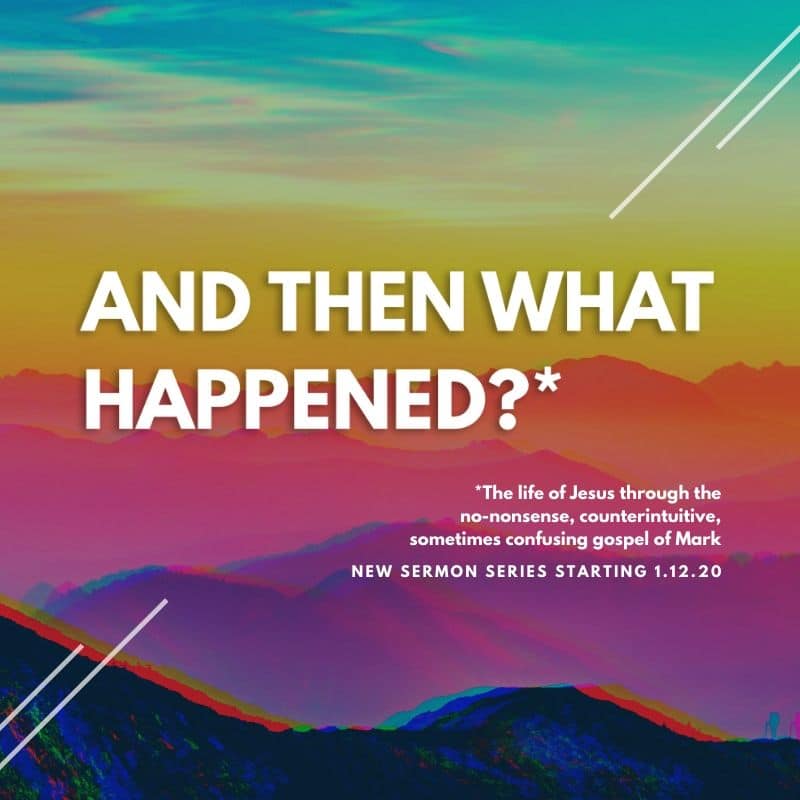The Story Still Goes On | Acts 28
Carolyn Schmitt2025-06-16T15:38:04-06:00Commissioned: Then the eleven disciples went to Galilee, to the mountain Jesus told them to go. When they saw him, they worshiped him; but some doubted. Then Jesus came to them and said, “All [...]



